Few things have been as unashamedly entertaining in recent memory, than that of action-thriller Final Score. To mark the film’s release we spoke to director Scott Mann – and it became evident where the film got its playful tone from, such was the affability of this creative filmmaker. He discusses the challenge in maintaining the high stakes while not taking itself too seriously, West Ham (and Tony Cottee’s) involvement, what it was like collaborating, again, with Dave Bautista, and what he told his actors, which also include Pierce Brosnan, about the project before the signed up.
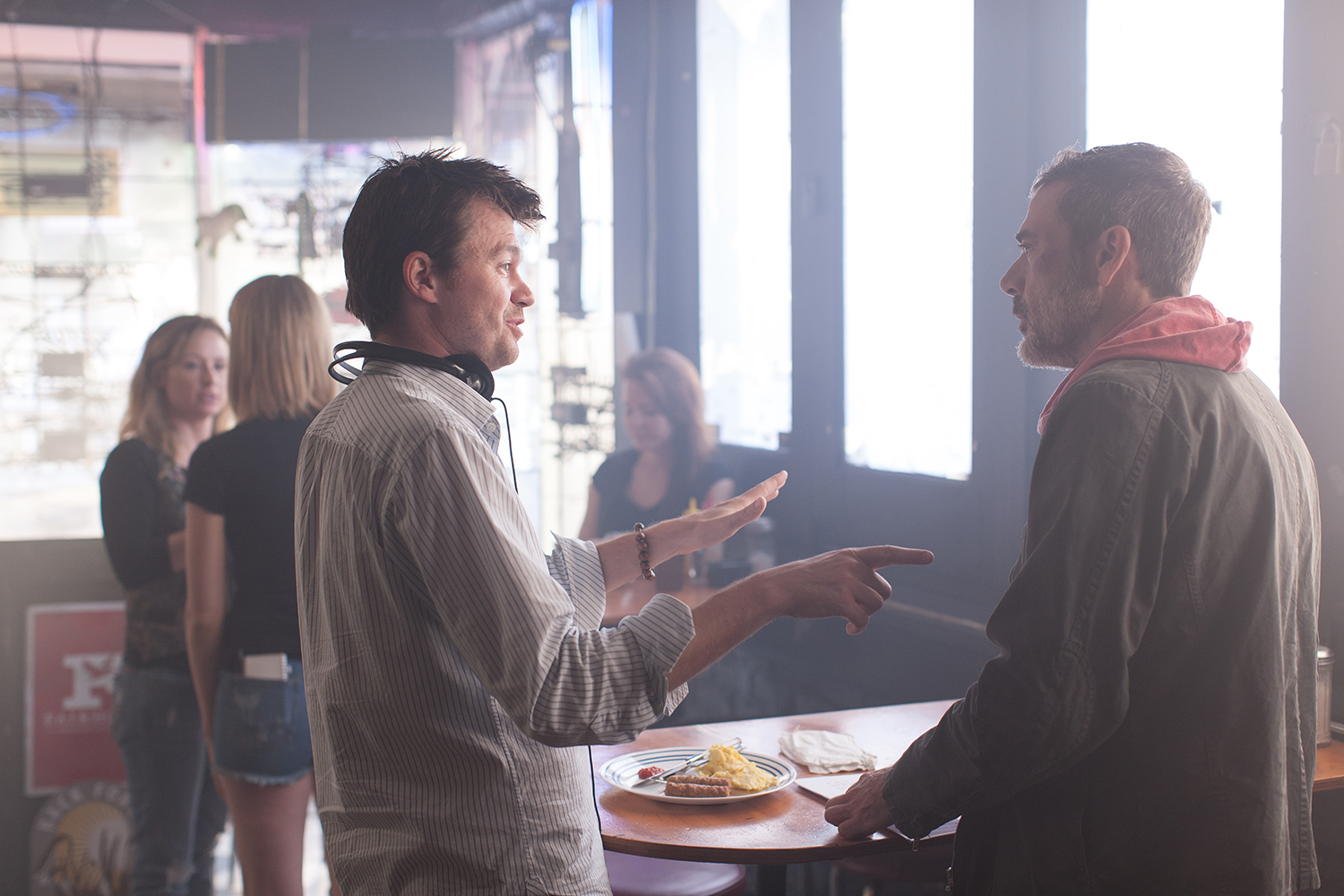
I mean this as a compliment, but a lot of the film is absurd, in a good way. How important is it that people go into this with the right frame of mind?
It’s completely absurd. I agree, I completely agree. When we made the film, people were retreating into serious ground a lot quicker than you would expect, so it’s easy to go into that space where you think, oh that wouldn’t happen, it’s kind of a miserable thing you can easily get pulled into. But we were very conscious that we wanted to be tongue-in-cheek and be absurd, and be crazy. We have Davie Bautista jumping in a motorcycle from one side of the stadium to the next, I would always use that as ammunition, if anyone tried to make it too serious I would be like, remember, we have Dave Bautista jumping in a motorbike from one side of the stadium to the next in this movie, don’t take it too seriously. Trying to balance that tone, of having stakes but not taking itself so seriously that it isn’t fun anymore. So I’m glad you appreciated the absurdity, because we were definitely going for that.
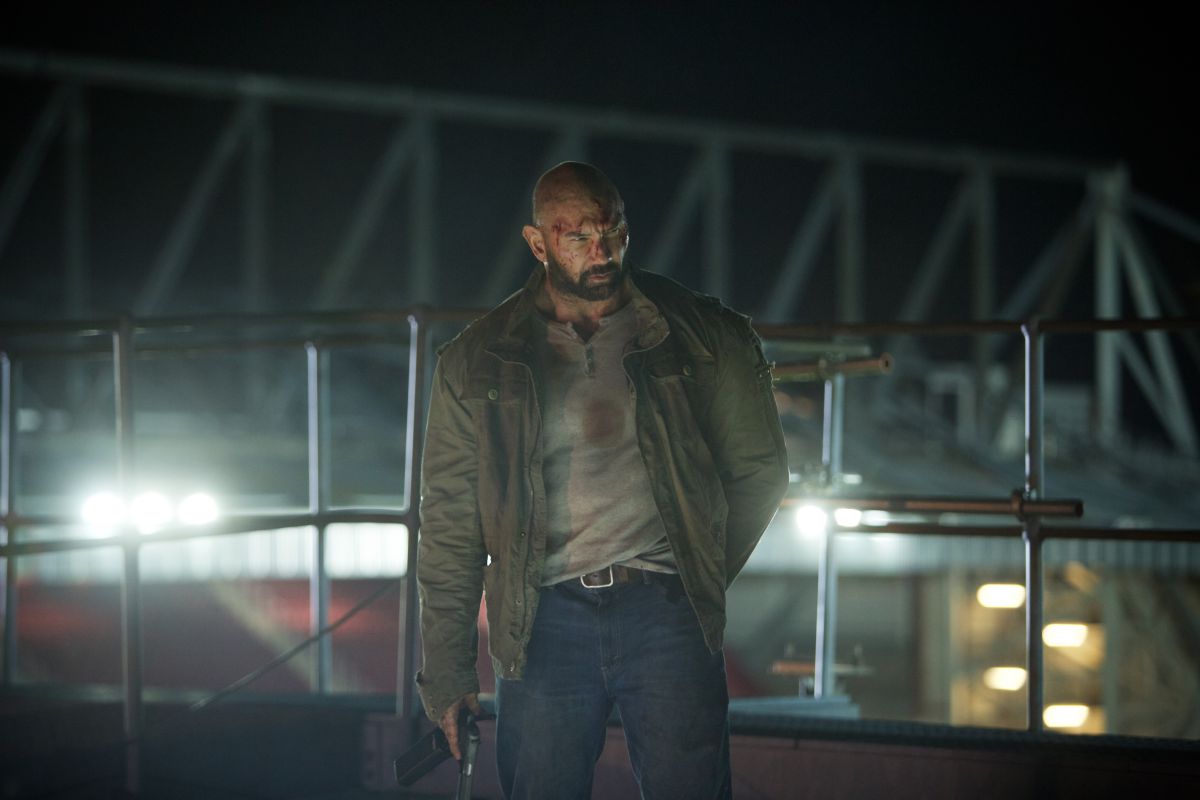
So how about West Ham’s involvement in this? Were there conversations with the club – and why them in particular?
It was really interesting the way it came about. The average time on a film, stastiically, is seven years to get it made. So you have this massive period of rewrites and everything else, and this film came about because there was someone who was a lifelong West Ham supporter, and he had heard that the football ground was being sold and they were moving grounds, and the developer was leaving the ground empty for eight weeks, there was heritage exploration going on, and nothing could really be done in the ground for that eight week period. So he got together with other producer and posed the question, is there a possibility of filming a movie in that time? To use that location for a movie. It was such a quick turnaround, they went out to writers who all pitched on the film and then brothers Keith and David Lynch got together a script, which was way better than anyone expected it to be, again, one that embraced the right things about the film. It turned into what we had, an intensive pre-production period where we went into the stadium to make the movie. What we quickly found was that they wanted it to be a bit of a love letter to the fans of the stadium because it’s such a historical monument in a sense, and there’s so much emotion that is spread through that place. I was there for the last few games of the stadium to film crowd shots and shoot early aspects of the movie, and I was around the fans, and it needed to be treasured. Then as we got into production we originally planned for it to be an anonymous London team, the usual thing you do in a film, and we were thought, why are we doing that? Why are we fighting it? We’re filming it in their ground, why don’t we just embrace the fact it’s the last game there. I guess being there for the last game and experiencing it as an event, we wanted to put that in the movie. We spoke to the owners it was a double-edged sword. They were a bit unsure originally about doing it and the idea of having mercenaries take over the stadium were a little bit hard to get around, but we were very much like, look, this is a love letter to the ground, we’re embracing it, we certainly weren’t trying to make light of them. So they got behind it and from that moment on it just felt right to make it that way. Funnily enough, that conversation of whether it would piss off other clubs, are people really going to see the film if you’re a Spurs supporter? But there’s different reasons to watch it and enjoy it, depending on which side you land. But yeah we wanted to embrace it and the owners of the club got behind it, and were really good with it. So we just went that way and as soon as we did it, it worked for us, so it was nice that we were able to do that.
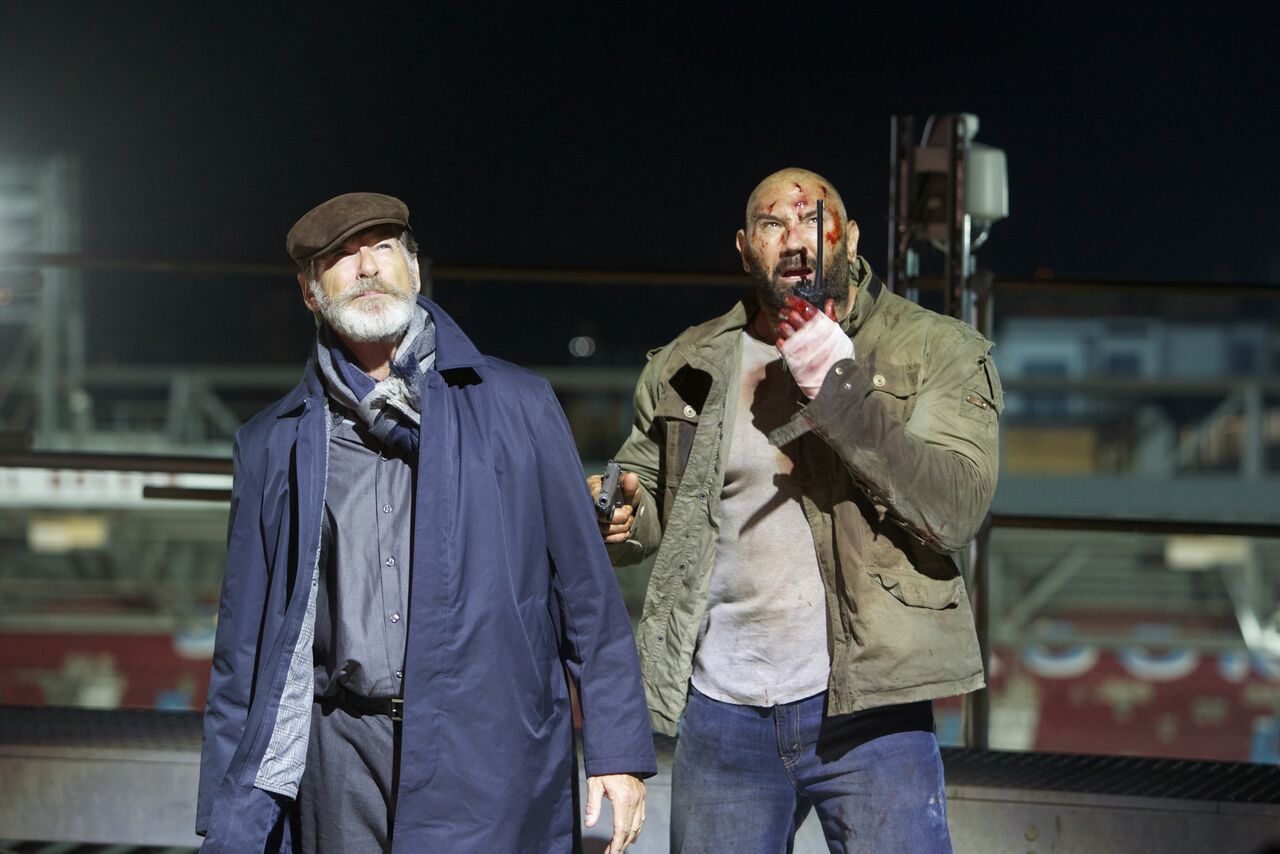
My favourite scene was when Tony Cottee got involved. How did that come about? Did he take any convincing?
It was just being in that community, and again we just wanted to embrace that world, and everyone was up for the laugh ultimately. We all had a good giggle on the day, even though it’s a serious part, it was just a lot of fun to do. It made it complete and I was really glad we got that. We had to fight for it though, there are a lot of reasons why agents want to say no to those things, but it was good to be able to get everyone on board and go for it, because on a person level everybody wanted to do it, it was just a fear of a wider thing that meant people would push against it, so we were very lucky and fortunate that everyone got behind it the way they did.
Talking of being lucky and fortunate, to have Dave Bautista on board was great. He’s an incredibly nice bloke – to have someone with a great screen presence and can carry a film like this, and going beyond that, he’s someone you had to spend time with every day, it must be extra helpful when they’re as nice as he is?
He’s such a lovely guy. I’ve worked with Dave before, on a film called Heist, and he was underrated by lots of people, and what his potential was. So we wanted to bring out that side to Dave in the character, let’s go for that side that we all know and love and let him show that character to people that he doesn’t often to get to show. And you’re right, it does make a difference when you’re on set spending time with people like him, a very important part. Especially when you’re locked in production, we lived in that stadium for the best part of three months and it was 24/7 so it’s so important that you all get along and you have a great experience, so we were very fortunate to have Dave, and have him really embrace the production. He hasn’t done that many lead roles, and he really embraced it from a filmmaking standpoint as well, he really got his teeth stuck into it, so that was really helped too. It was nice to be back on set with him, he gives great big bear hugs which are always nice, it was good to be back, he’s a nice guy.
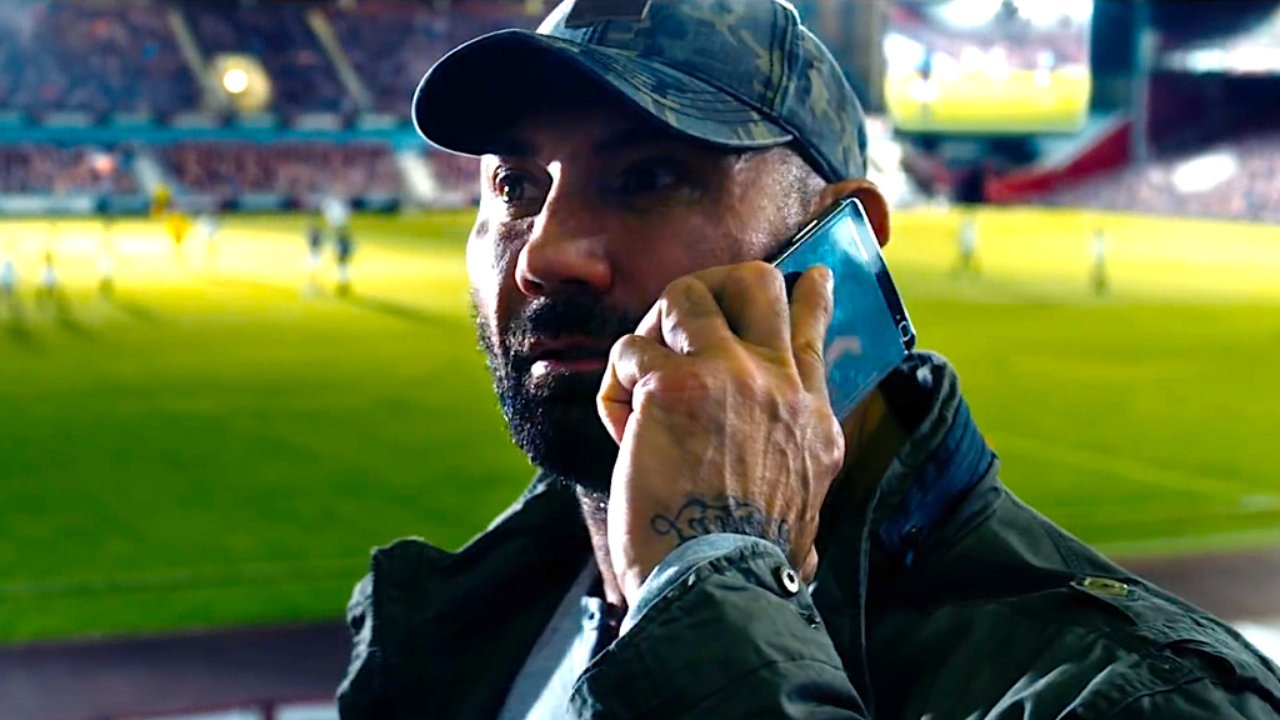
Pierce Brosnan too. We spoke before about the audience going on with an open mind, was there a similar approach when you had the meetings with the actors, to let them it’s just one to have a lot of fun with?
Yeah, you do. You have to let them know what you’re going for and what you’re hoping for, what this is, and what this isn’t. It’s a conversation you’ll have with most key departments and with the talent, and hopefully get everyone on board so you’re aiming for the same goal. But I also find that these things evolve, it would be untrue to say that was exactly the tone we wanted from the top, because it does shift around a bit. And different elements that feed into it, and you adapt and try and find that balance. You want the actors to perform and believe in it enough to give the film the stakes you need, but equally have room to have the fun that you wanted to have, so it’s a bit of a balancing act, but yeah you definitely have those conversations early and try and be as honest as possible about what you’re making, because if anybody is not on point, that’s when you end up having battles about what the intent is. But they were great like that. Pierce had a whole speech about a one-eyed chicken as the centrepiece in his story, and we all we kind of knew what we were aiming for I think, and he was very on-board from day one. He was great too. We got lucky to have such a great cast. Ray Stevenson as well, he was a joy. Ray was like a method guy really getting in to it, and I had the craziest, yet the most fun days on set with Ray Stevenson, because he was in character for several days, like storming around the stadium with a ghetto blaster and it was the most bizarre thing, but a whole lot of fun. He’s a sweetheart, Ray. It was a lot of fun to play in that sandpit, as they say.

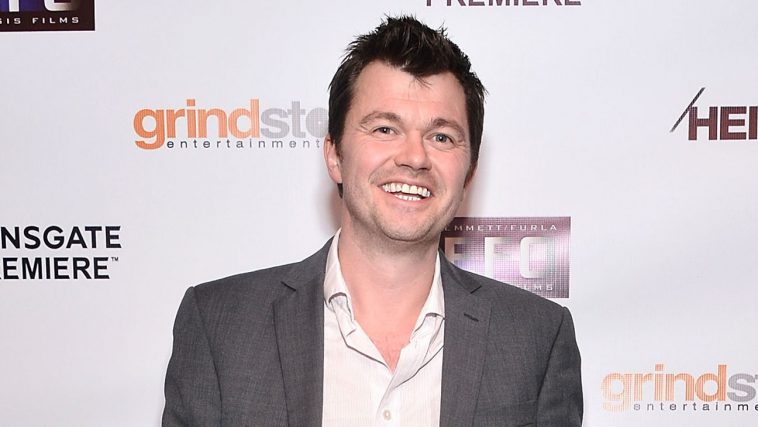
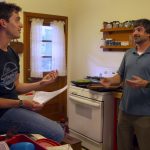
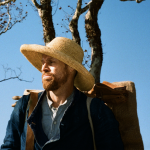


Leave a Comment